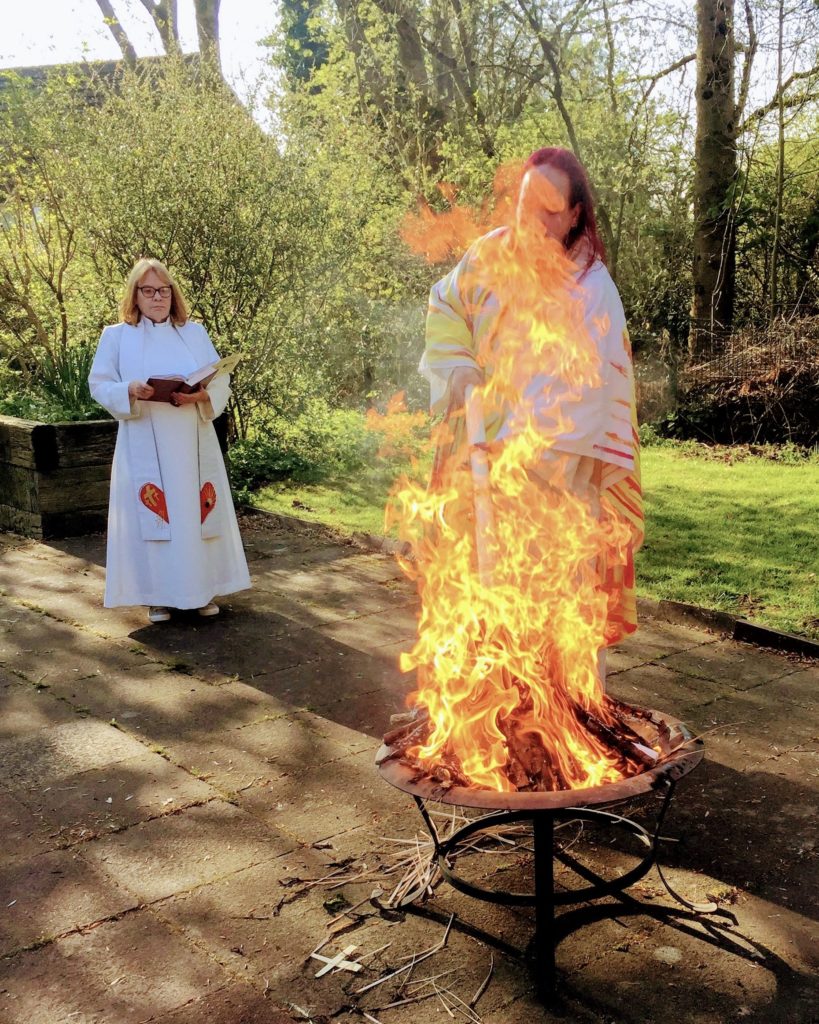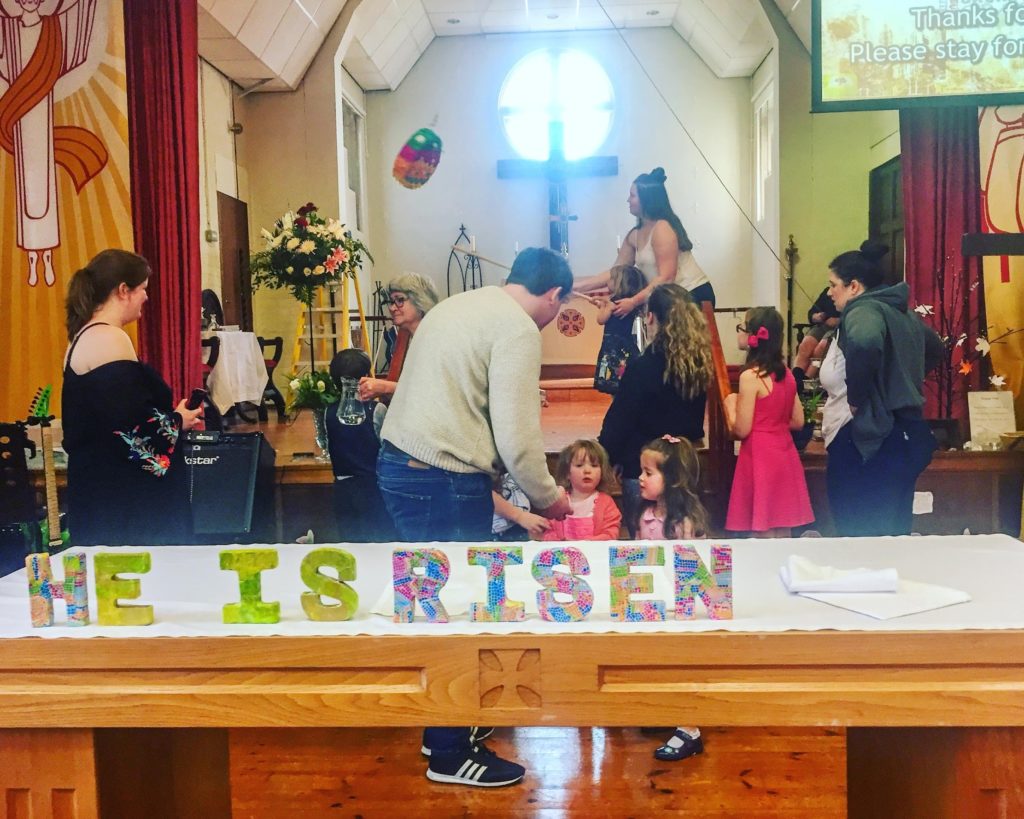This morning, Liam Cartwright has written about church worship and how it impacts upon those who have come along. He was prompted by a survey in The Times that suggests that perception in the wider populace is that going to church was the most boring activity a person can do. Leaving aside that a survey of people who by and large don’t go to church is based upon prejudice rather than experience, it raises some key points for me as a liturgist and worship leader.

Liam passionately talks about embracing breadth of tradition to lead inspiring worship in a variety of different settings. He calls for vibrancy and diversity in our worship. He’s sparked healthy debate on twitter and is inspiring people to stop leading worship they wouldn’t want to attend themselves. Prompted by one twitter interaction, I turned to my blog to talk about easter fires and plea for people to make it a spectacle. One of the defining learning experiences I had at theological college was attending a placement church where I watched on in disbelief as a disposable BBQ was cermonially lit to usher in the joy of the resurrection. A picture of me immolating myself in the church park at Holy Nativity paints a thousand words and there is a deeper issue of how the church values the leading of worship.
Anyone who has been an ordained minister for more than a week will have uttered the phrase “they didn’t teach us this at Theological College”. It’s usually some obscure facet of canon law that has me reaching for the church representation rules or a prayer for blessing the start of a duck race. Earlier this week, a curate was directed towards me to help them to actively engage with Church of England liturgy and worship. In our email exchange there is the fateful phrase “we did no liturgy at college”. You’d think this was an exception but it is something I hear time and again. With the shift in modes of training and the modern pressure to include the ever expanding essential knowledge of an ordained minister, we are often told that “that’s covered in a different stage of training”. I remember similar conversations about my own training with phrases such as “you’ll cover that in curacy” and “you should have covered that at college”.
Leading worship is core business. It’s what the church does. Everything else is either there to support the church being able to lead people in worship or flows out of the worship of the church. I realise this will be the most controversial statement I’ve made today so I should unpack it a bit for you. At Holy Nativity we run a food bank, and it is an activity that flows out of our worship. We run a food bank because we worship together and God’s call for justice changes who we are and moulds us into people who act to transform the world around us to reflect that. And then there are all of the things that are boring but important like changing energy supplier for the church. Which is all there to support our worship and the things that flow out of our worship like the weekly toddler group. Community and singing is something I can get down the pub. Worship, transformation and revolution is something I find flowing through the church.
Leading worship isn’t something that comes in an academic tome, it is something that is inhabited through practise. Worship is something that we are formed in. We are formed in it through our sending churches, the worshipping life of our training institutions, our placements, our curacies and all of those conferences we attend. We need training so that people know how to use the resources that are available to them so that they can build a vibrant worshipping life across the whole church. The worship of the church is where the rubber hits the road. We could do with a full set of Pirellis.
Post Script | Easter Bonfires

Holy Nativity lives in a weird temporal zone where the sun rises at 8am every Easter morning. Kids can be up and ready, the older ones too. Ten years ago, in my first year I asked the scouts if they knew how to build a fire. It turns out the old paschal candle makes it go up like a chip pan fire when you place it on top. Everyone comes along and raises the roof in the middle of the estate as we sing our hearts out. We share bread and wine together, and then laugh and joke and share our stories over bacon butties. Eventually we remember that we’ve got to sort things for the 10am all age service and everyone pulls together to make it happen. One year there was a pinata. Every year there is bubbly at the end.
If you’re going to build a fire, build a fire. Even better, get the scouts to build a fire – they know how to make it go up in a spectacular fashion.
